Clean ups show us the reality of Singapore’s litter landscape. Get an hour of exercise in, make some friends and do good in the process with Stridy!
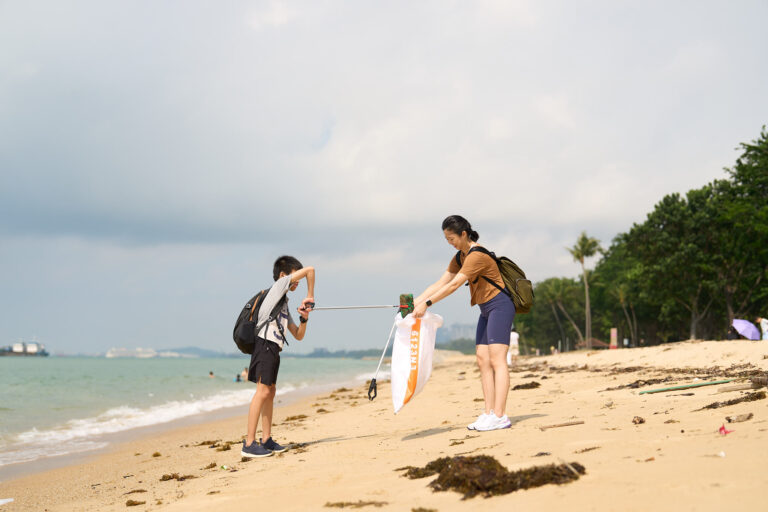
Simply put, it is cleaning up at the beach! Typically self-organised and voluntary to remove litter, debris, and pollutants from coastal areas, including beaches and shorelines. Large quantities of disposable plastic tend to find their way to the beaches of Singapore between the monsoon months.
Marine species including fish, seabirds, and marine mammals, can become entangled in or ingest marine debris, leading to injury, suffocation, or death. Filter feeders cannot distinguish between natural food and marine litter and end up consuming plastic that fills their belly, preventing food and nutrition from entering their bodies and living a long healthy life.
Larger marine litter can damage and destroy critical habitats such as coral reefs, mangroves, and seagrasses. By removing litter, we protect these vital ecosystems and the numerous species that rely on them for survival.

Over time, larger plastic items break down into smaller particles known as microplastics. These microplastics can enter the food chain, impacting not only marine life but also posing potential risks to human health. The cleanup of marine litter serves as a preventive measure, mitigating the further proliferation of microplastics within the environment.
When the tide timings allow, it is the perfect opportunity to conduct beach cleanups during low tides.
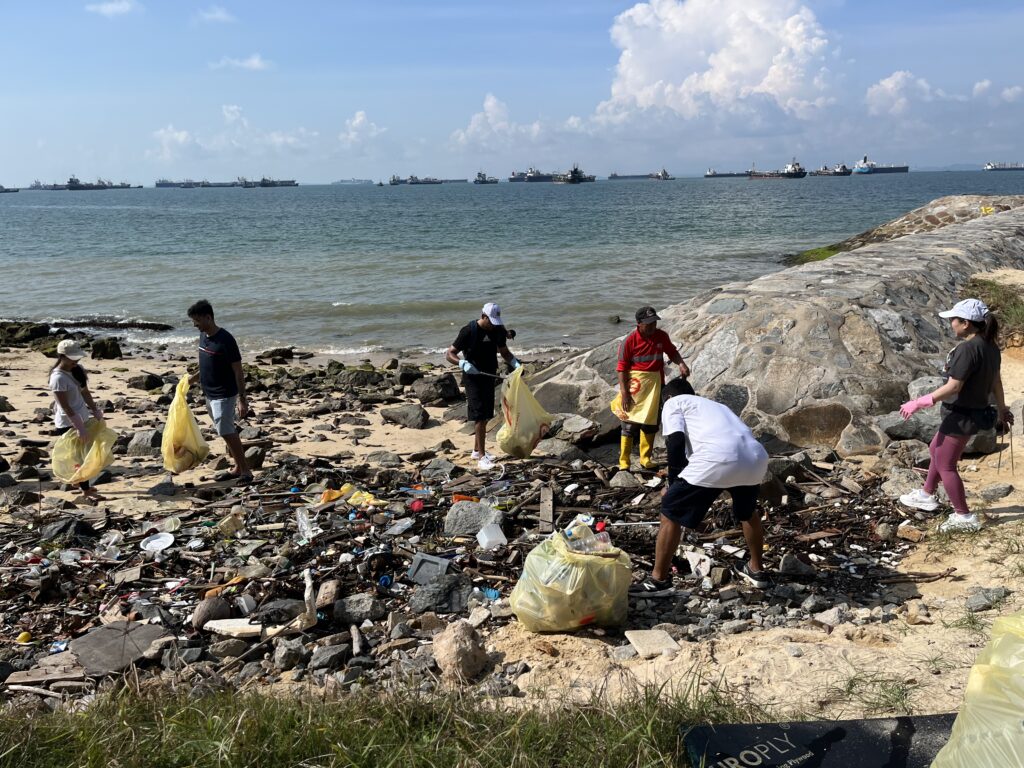
At Stridy, we envision a world without litter. Stridy is made out of volunteers from all over the world, passionate in playing our part for clean cities. By making cleanups fun, we are one piece of litter closer to our goal be it at the beach or urban areas.
We want to bring together a bunch of folks who care about waste management worldwide. When we all pull our individual actions together, we create big, positive differences in our world by reducing marine pollution, reserving wildlife habitats and promoting community involvement.
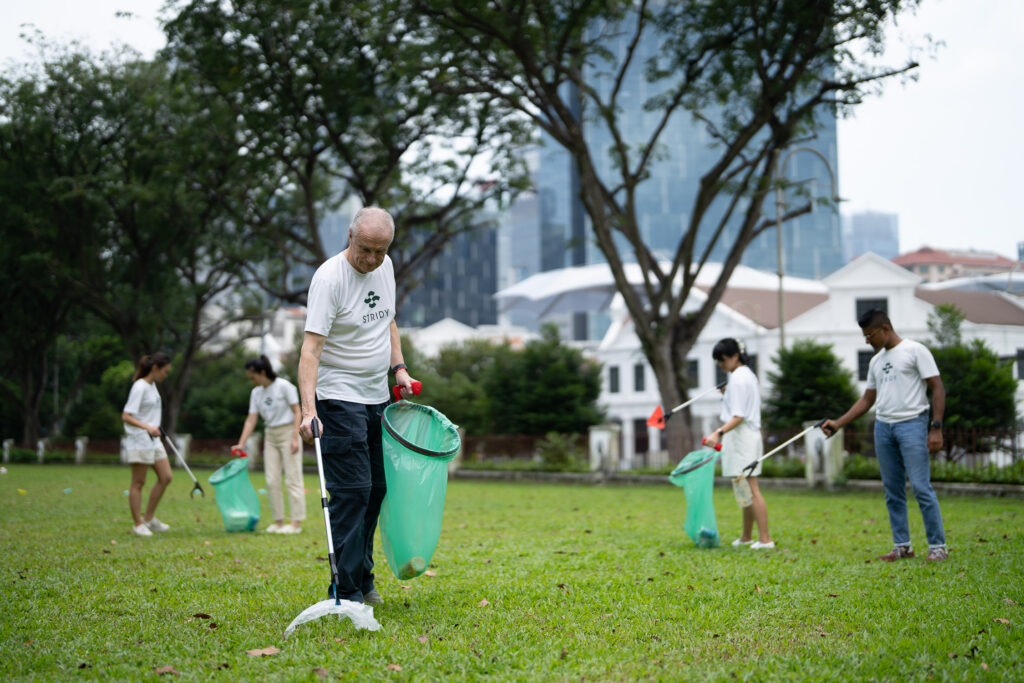
Get some fresh air
Make some friends
Apparently very therapeutic!
Preventing litter from entering the marine ecosystem
Have awareness on the litter landscape to answer the question “is Singapore clean or cleanED?”
Protect ourselves from dengue by reducing potential dengue hotspots
We provide the following educational programs:
Clean ups
Design-thinking workshops
Booth engagements
Educational talks (virtual or physical)
Community clean ups (*Free!)
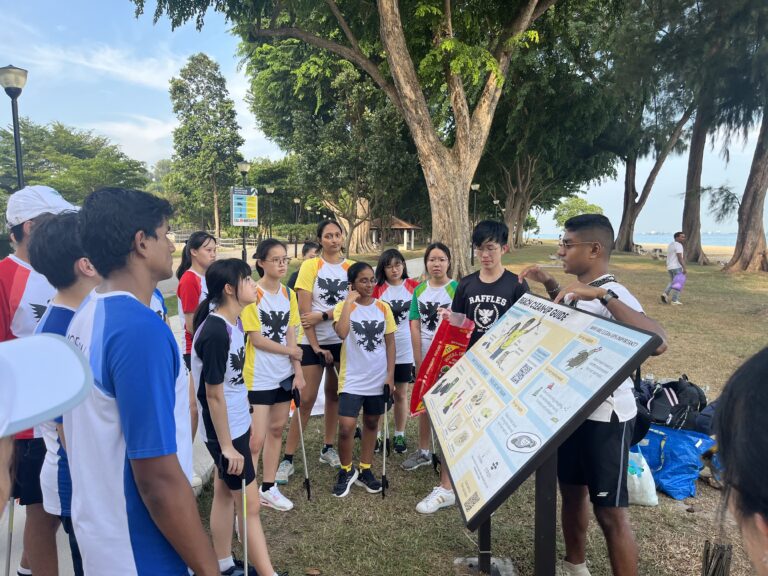
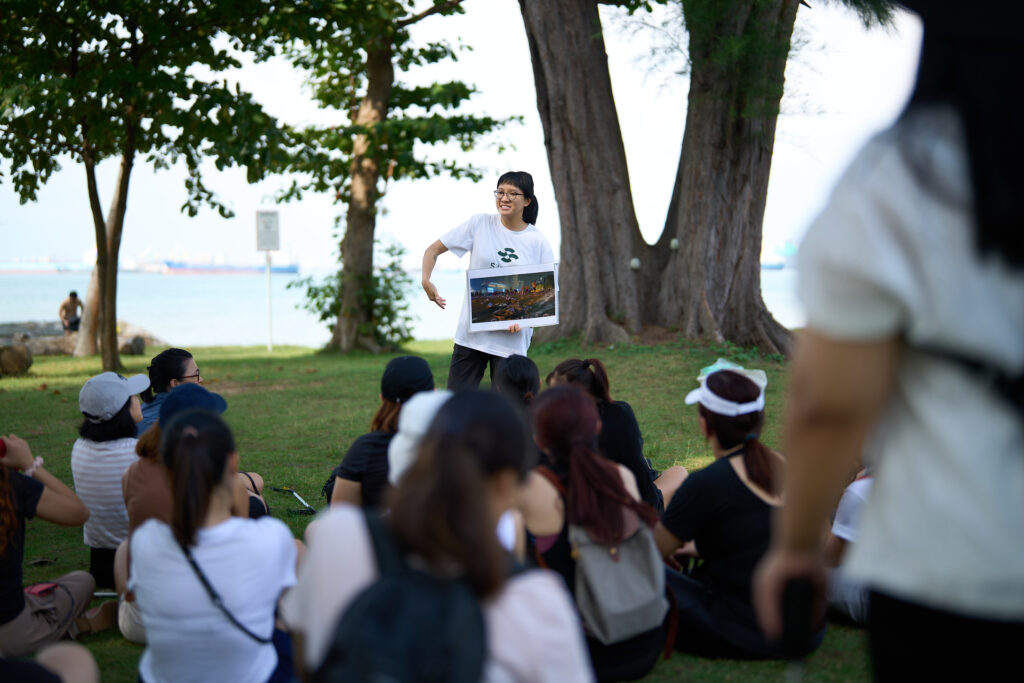
Includes: Stridy introduction, cleaning up (beach/urban), reflection on human behaviours and coastal conservation
Duration: 2 hours
Minimum participants: 20
Provided: Equipment, first aid kits
Venue: Organisations may propose. Typical venues include East Coast Park, or around your office/school
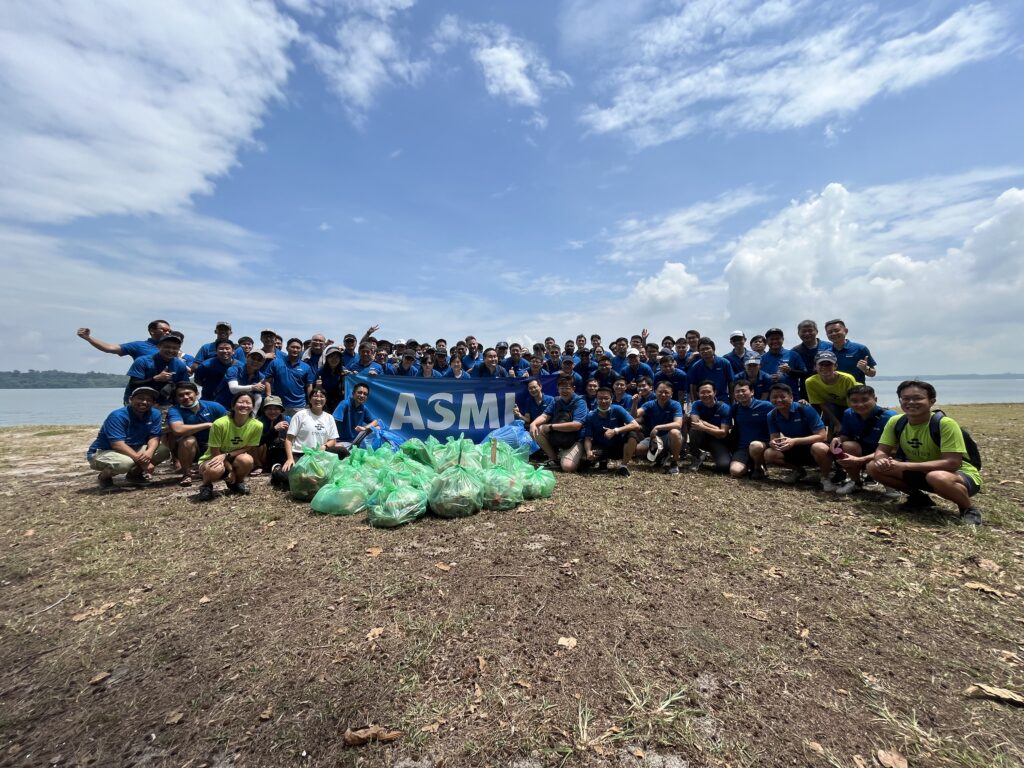

Duration: 2 hours
Minimum participants: 20
Venue: Organisations may propose. Typical workshop venues include your office/school assembly hall or virtually
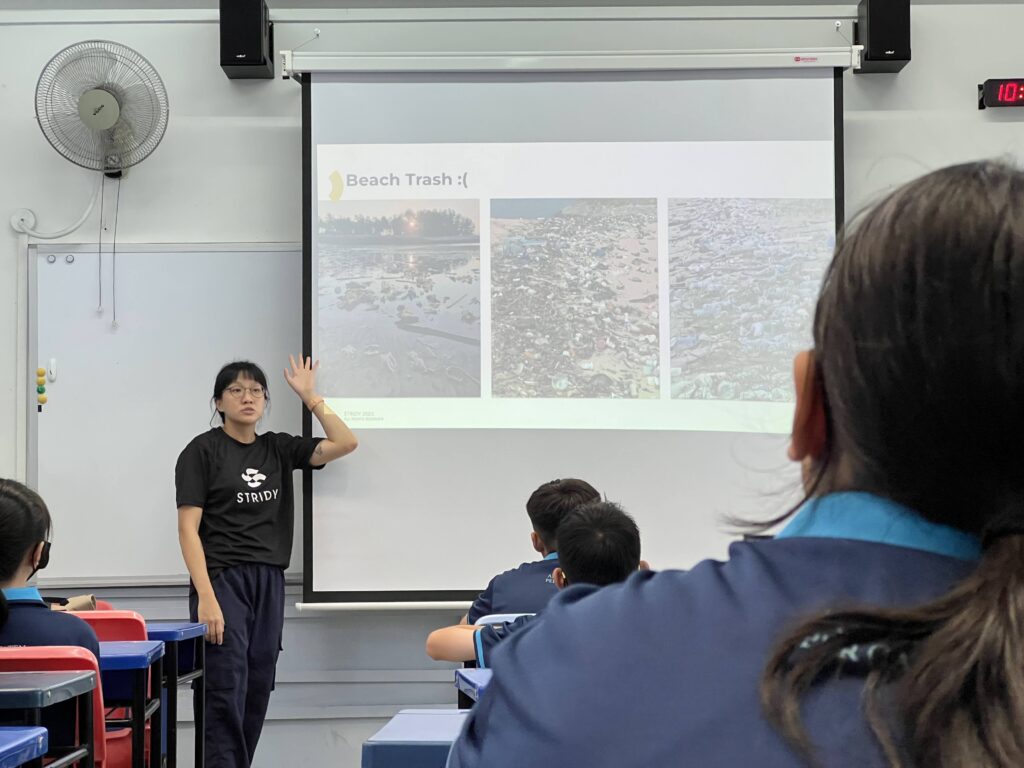
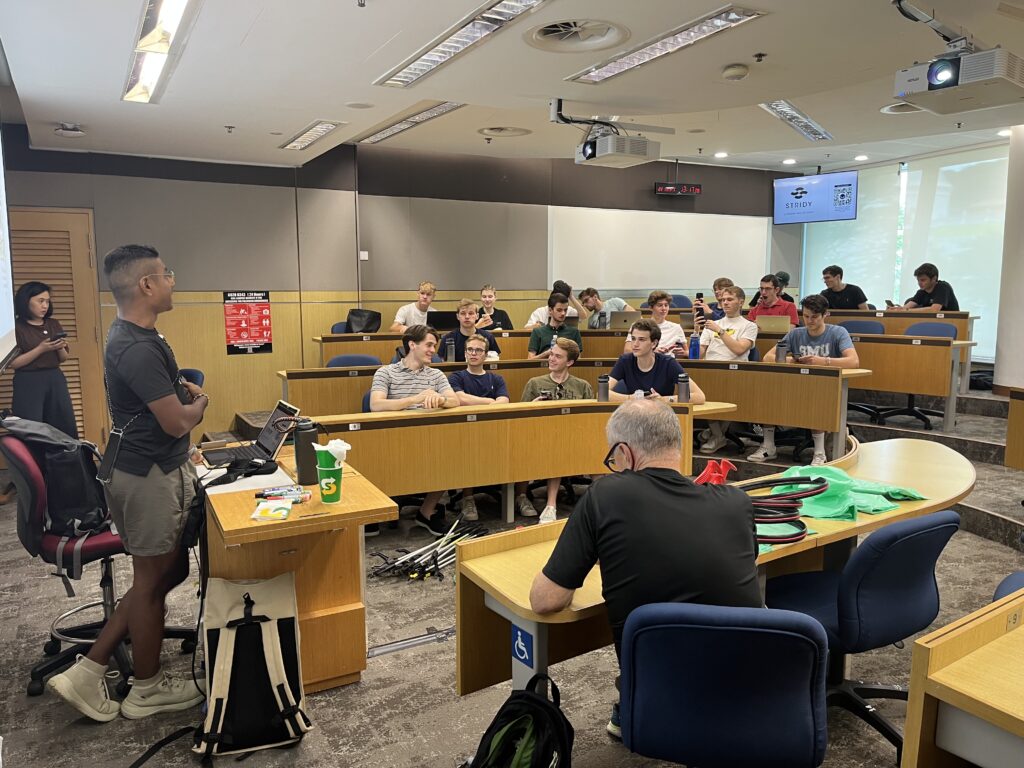
Duration: 2 hours
Venue: Organisations to propose
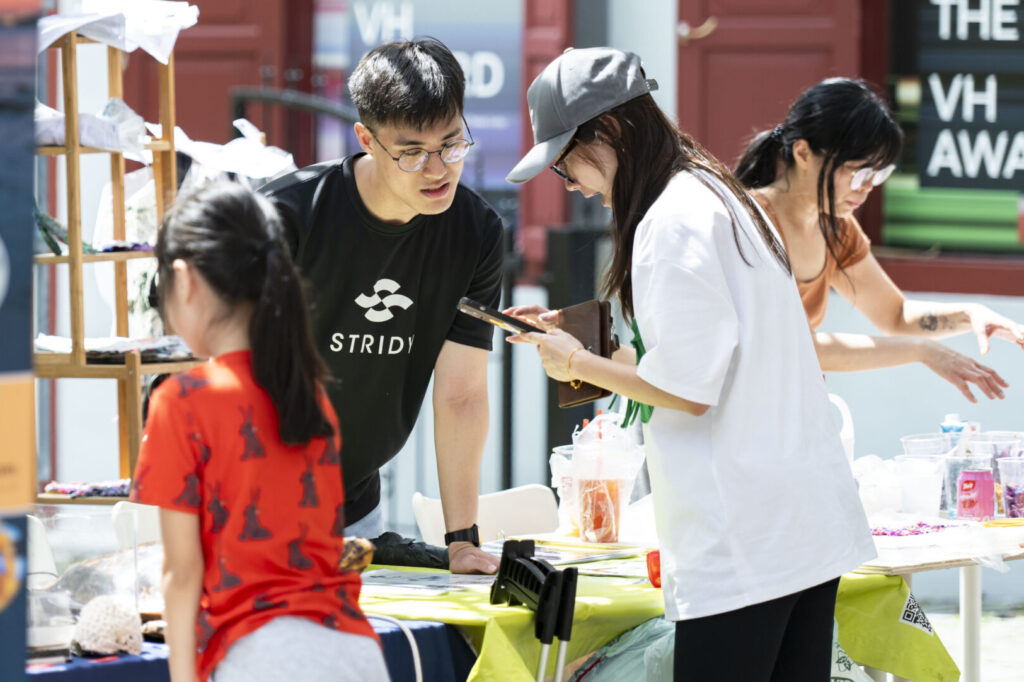
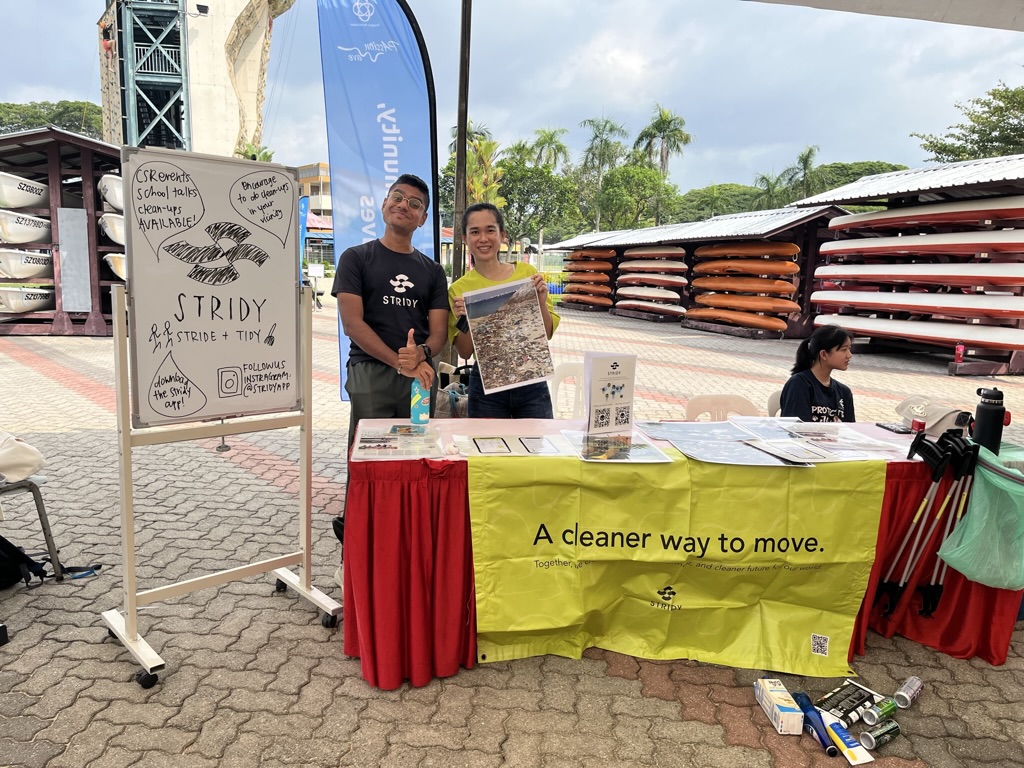
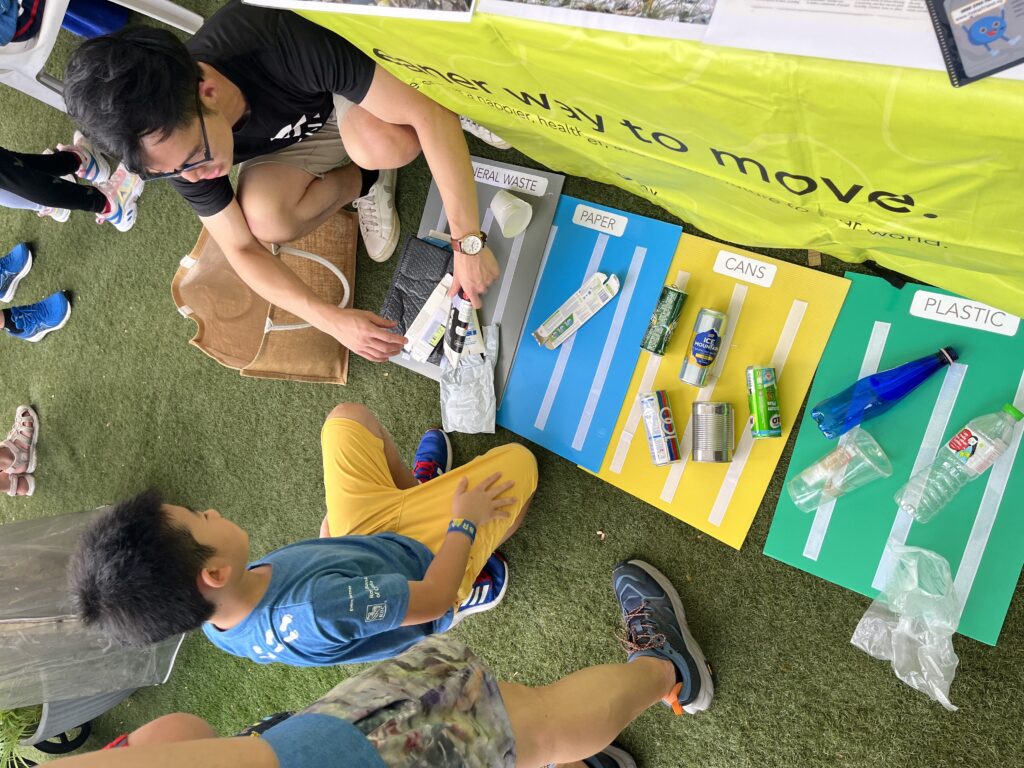
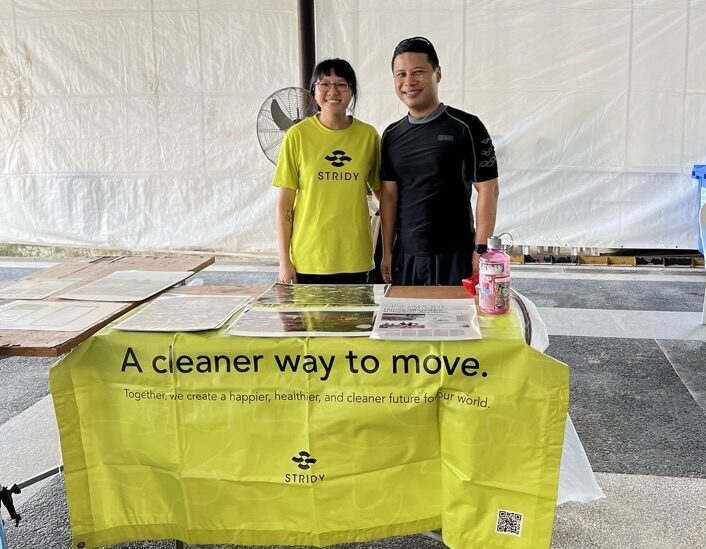
Duration: 1 hour
Venue: Organisations may propose a location! Typical talk venues include your office/school assembly hall or virtually
Topics include:
Introduction to Sustainability
Singapore’s Waste Management
Recycling in Singapore

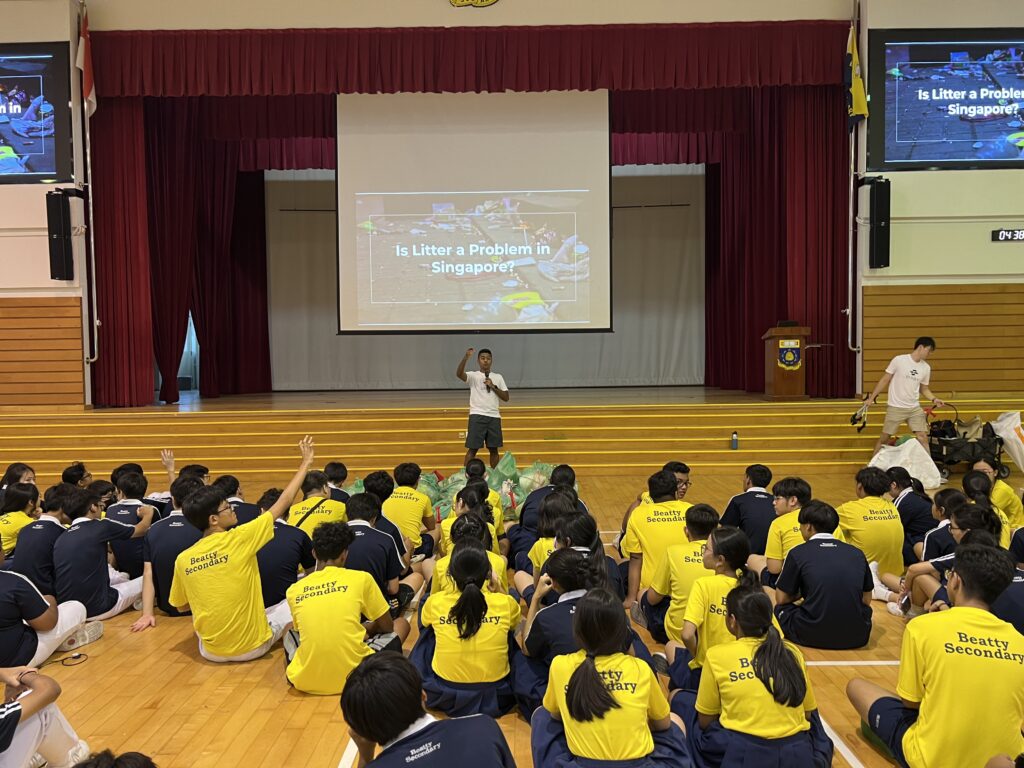
Simply sign up on our event page and get updates prior to event day. Grabbers, hoops and trash bags are completely free. We also issue digital certificates of participation!
If you’d like to organise 1 yourself, we can support you too!
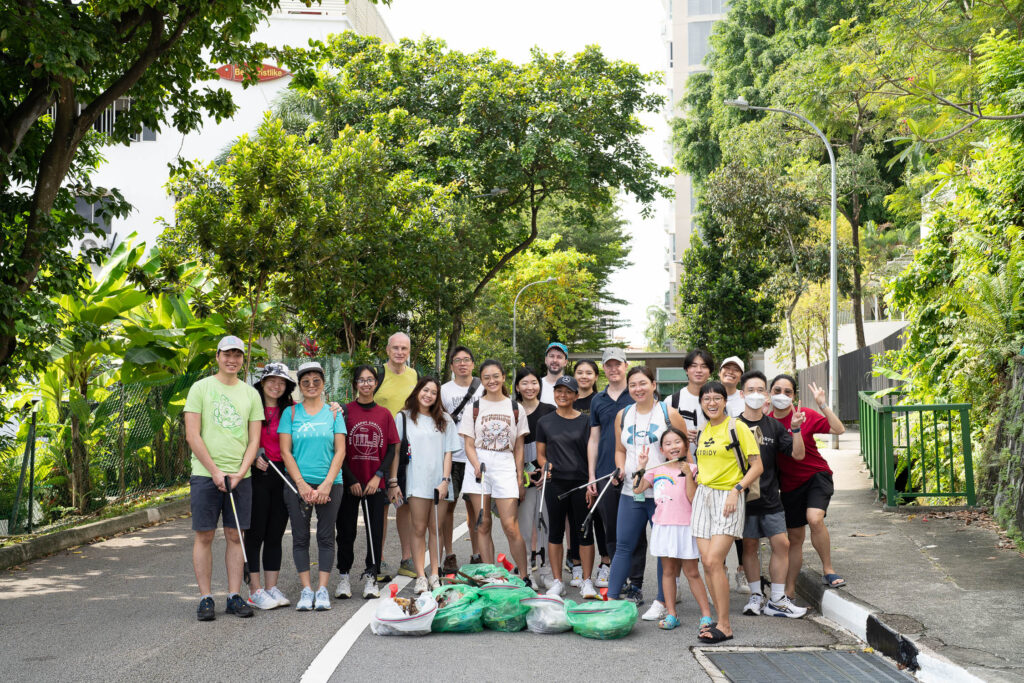
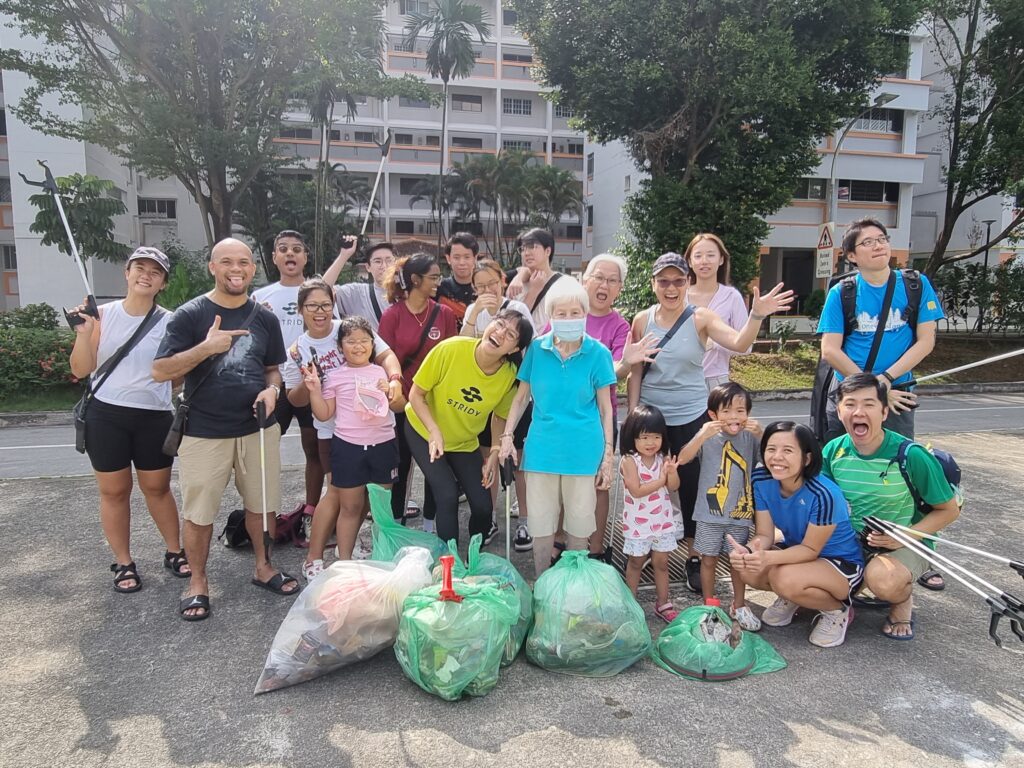

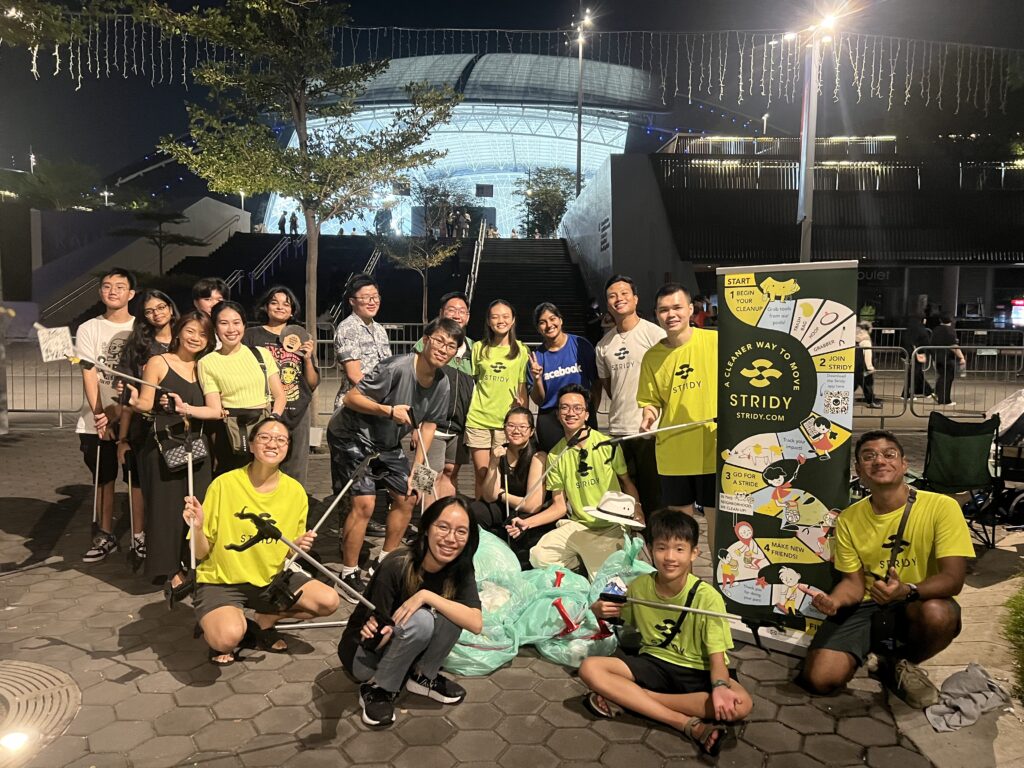
Simply drop us a message us via our contact form with your name, name of organisation, tentative date, proposed clean up location and rough number of participants.
Things to do
Things to avoid
Picking up sharp objects like broken glass, syringes, razors to prevent the bags from getting torn (and trash falling out) or hurt yourself!
Keep bottles containing unidentified liquids closed before throwing!
Wearing open toe shoes or going barefoot
Do not bring home any natural organisms like shells from your coastal cleanup
Beach clean ups can only curb marine pollution temporarily. The unfortunate truth is that litter found in our living environments unfortunately end up in our oceans. If you find doing a coastal cleanup too far, cleaning up in your neighbourhood is a great idea. Save traveling time and carbon emissions. Resistance like “its too far” and “I have no time” simply melt away!
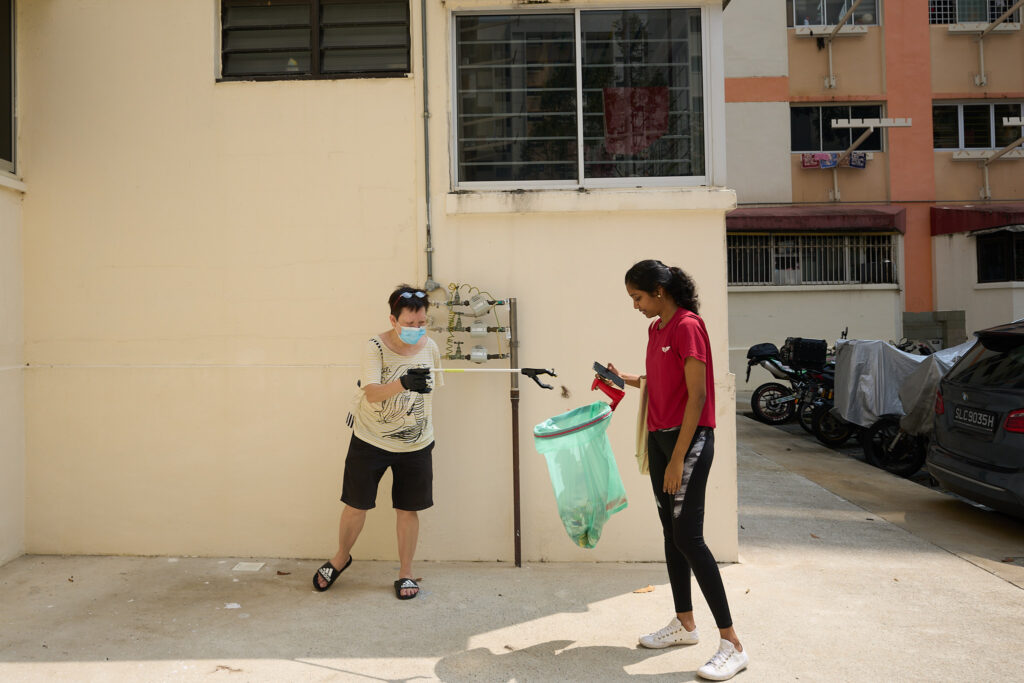
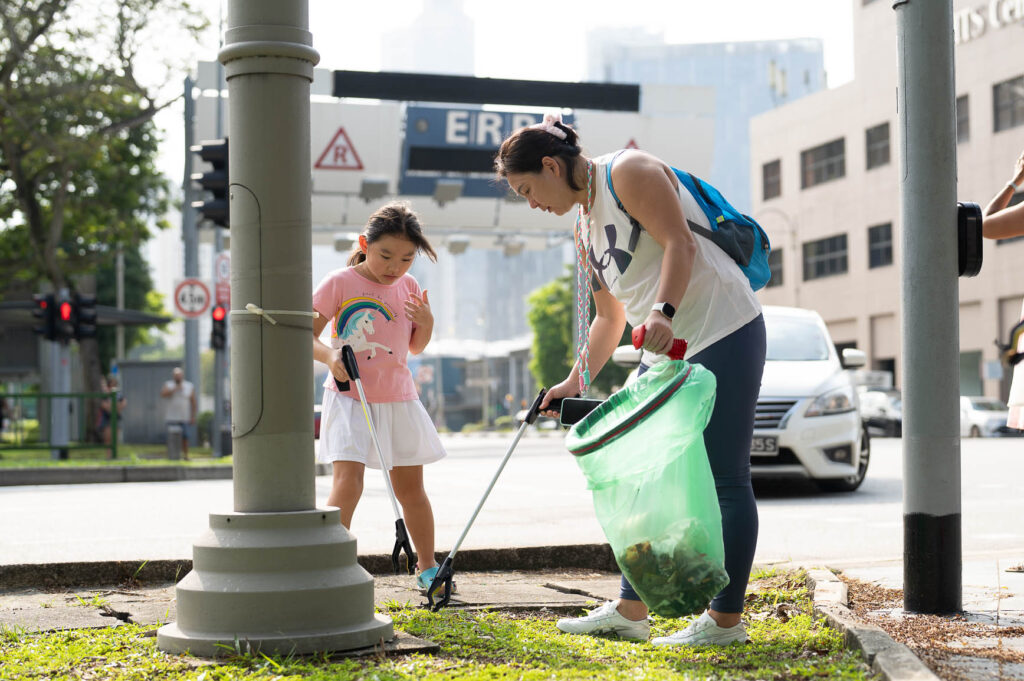
Since the launch of our Stridy App in 2021, there’s been more than 4,600 cleanups logged and more than 621,000 items picked worldwide! Visit Community Impact Dashboard to explore more.
With the Stridy App, you will be able to:
Contribute in data collection of litter collected anywhere in the world
See your consolidated impact
Save your historical efforts
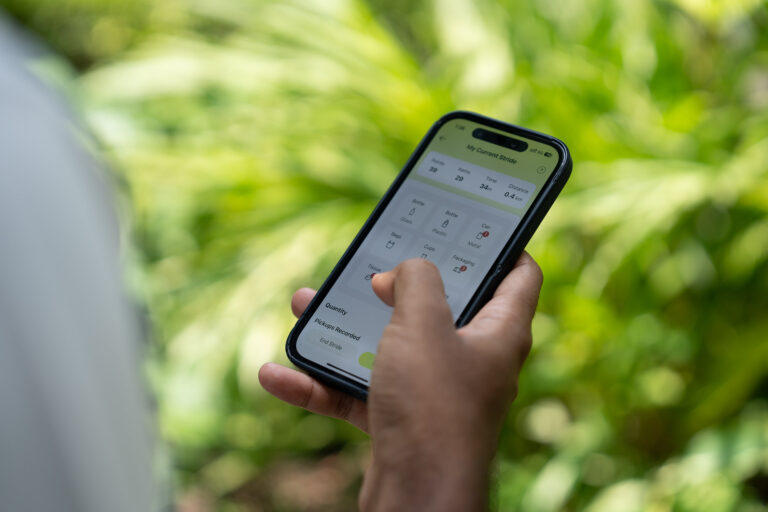
We’re mostly prepared for Singapore’s weather, so we have various plans. We proceed with light rain and can reshuffle the program to accommodate heavy downpour.
We recommend going outdoors in the morning as afternoon showers seem to be longer and heavier based on past events.
Corporate clean ups are private. Community clean ups are free to anyone to participate!
Cigarette butts, plastic bottles, plastic bags, face masks, cans, old ABBA CDs, abandoned bicycles etc… Join us to be the first to discover the weirdest types of trash!
As of now, most of our trash is disposed in the General Waste bin. So far, recyclables that we have picked up during the stride are too dirty to be recycled. We’re looking for ways to recycle any recyclables. Do reach out to us if you have any ideas!
Not really! We would encourage parents to watch after your children below the age of 6 years old!
Didn’t answer your question? Ask us at hello@stridy.com!
